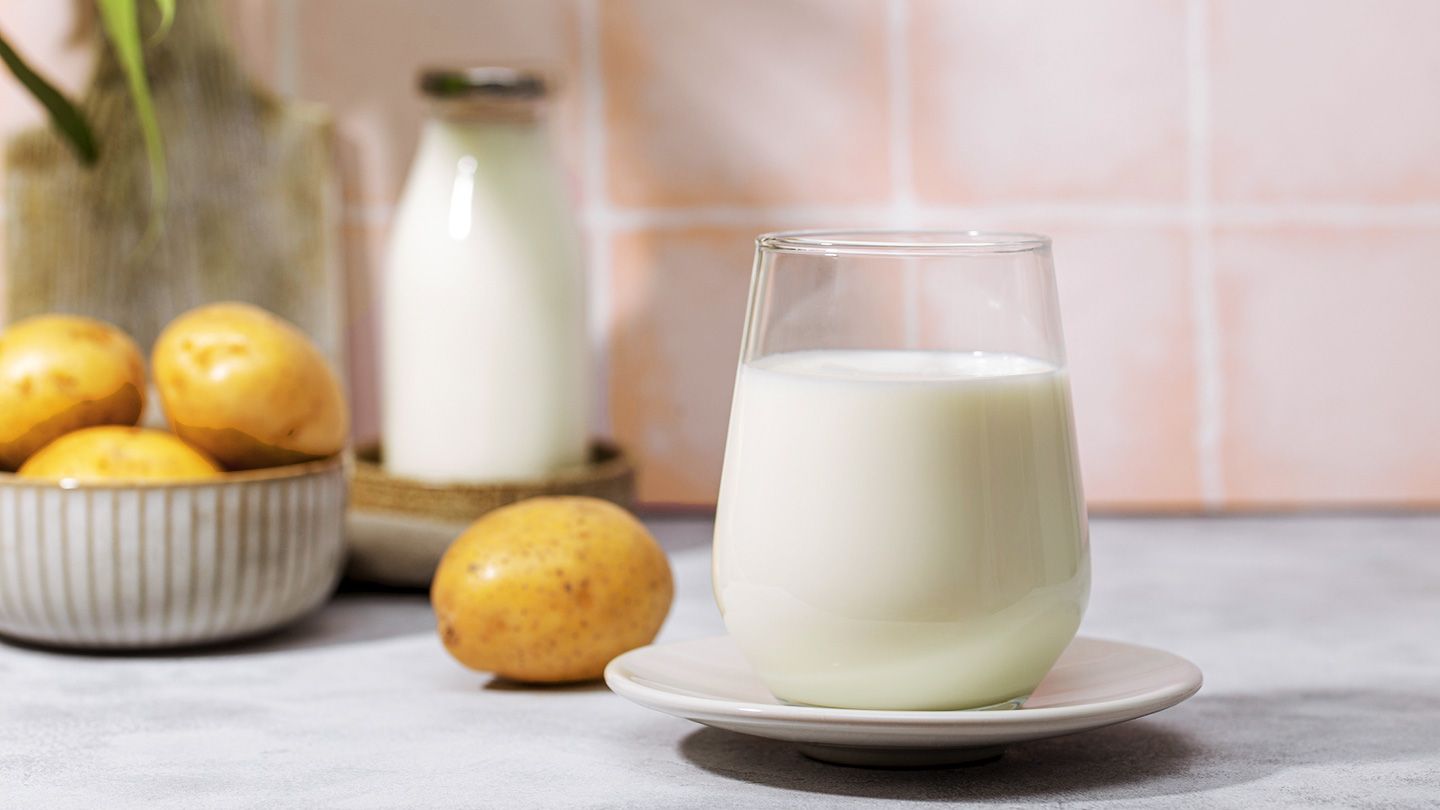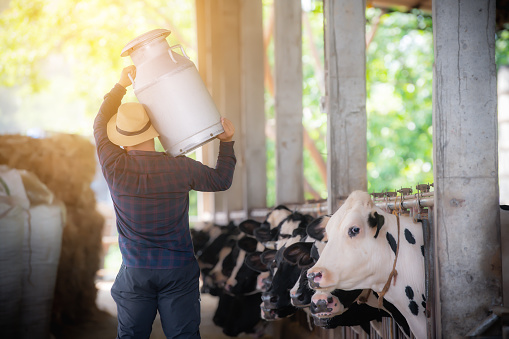PETALING JAYA: With food security a major issue globally and in Malaysia, the country will see its first lab-grown food manufacturing plant beginning operations next year.
A wholly-owned Malaysian company, Cell AgriTech Sdn Bhd, is set to introduce its manufactured seafood offerings first, followed closely by beef, pork, chicken and other meats at its pioneer production facility in Penang.
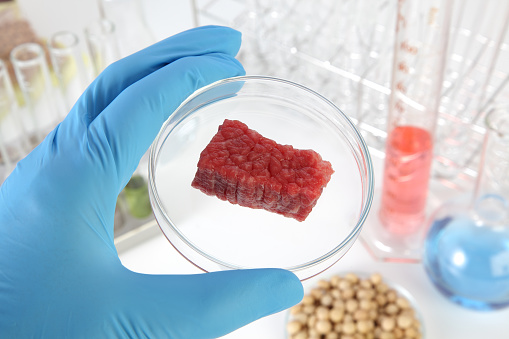
Its vice-president Jason Ng said the firm’s RM20 million investment will reshape the nation’s sources of protein while putting Penang on the map as a world leader in cultivated meat production.
“The process of cultivated meat production begins by obtaining cells from animals through a biopsy.
“These cells are then cultured and multiplied into specific cell types, such as muscle and fat cells, with the help of scaffolds that guide their growth into 3D structures.
“Once the cells have reached the desired texture, they are harvested and can be seasoned, cooked and processed like normal meat,” he said.
Ng pointed out that unlike conventional farming, which requires vast grazing areas, the production of cultivated meat can be done in a small factory setting, that could save land and minimise water usage.
Additionally, greenhouse gas emissions could be minimised, especially when renewable energy sources power the production facilities.
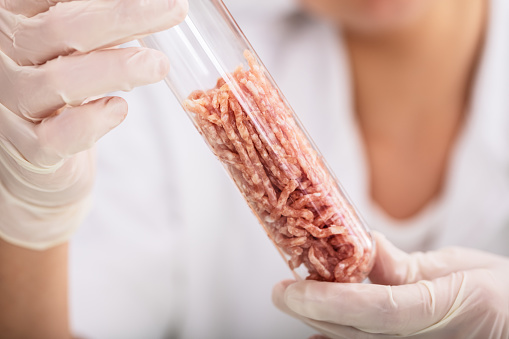
On the safety of meat production, Ng said: “Stringent testing will be conducted to ensure the absence of pathogens, contaminants and impurities to reduce the risk of zoonotic diseases associated with animals.”
He said regulatory bodies, such as the Singapore Food Agency and the US Food and Drug Administration, play a crucial role in certifying and approving cultivated meat products, ensuring that production methods adhere to global safety and quality standards.
On the taste and texture of the lab-produced meats, Ng said it is an important consideration in cultivated meat production.
“Efforts are under way to refine the production process, ensuring that cultivated meat becomes biologically identical to conventional meat.
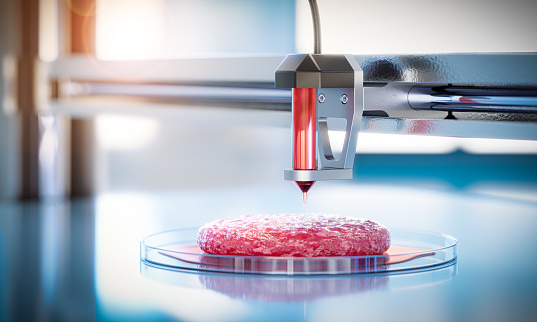
** Click here to read the full-text **






